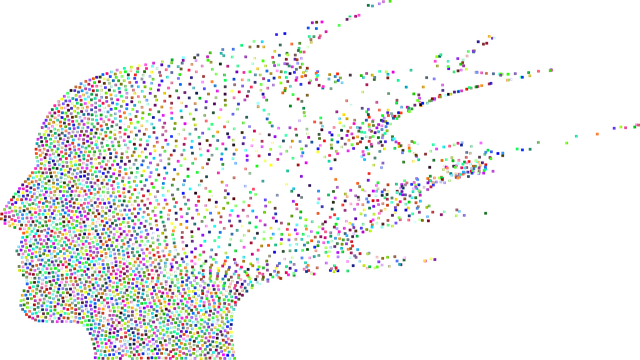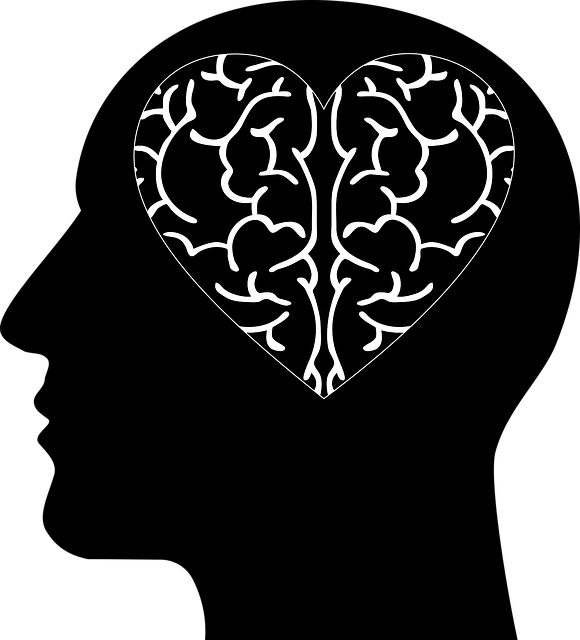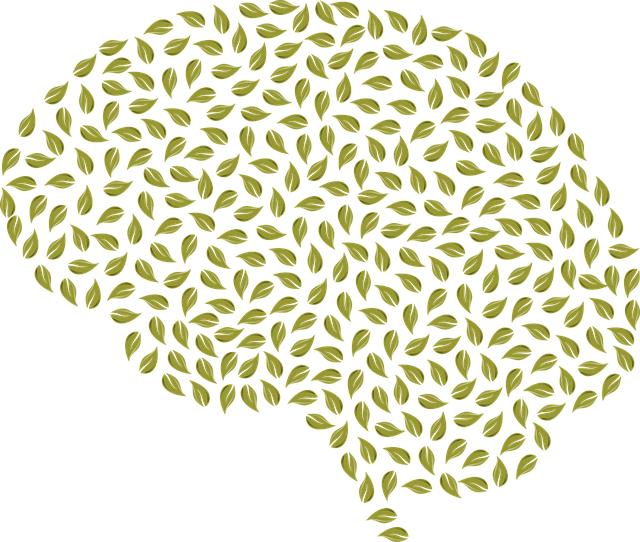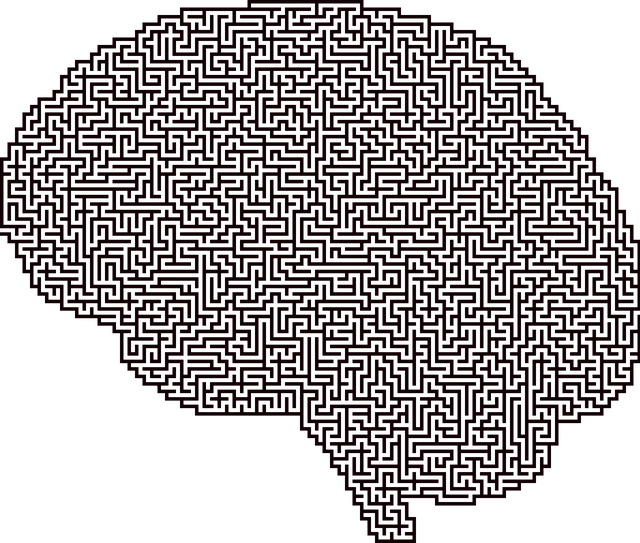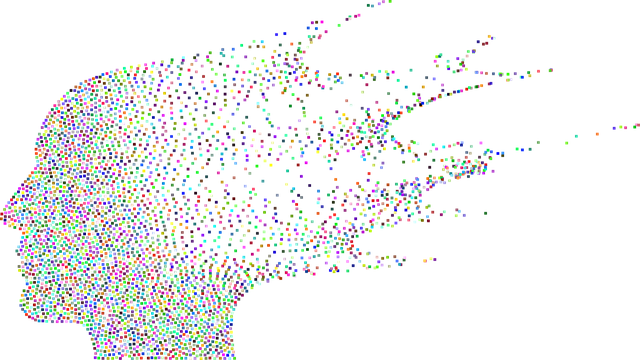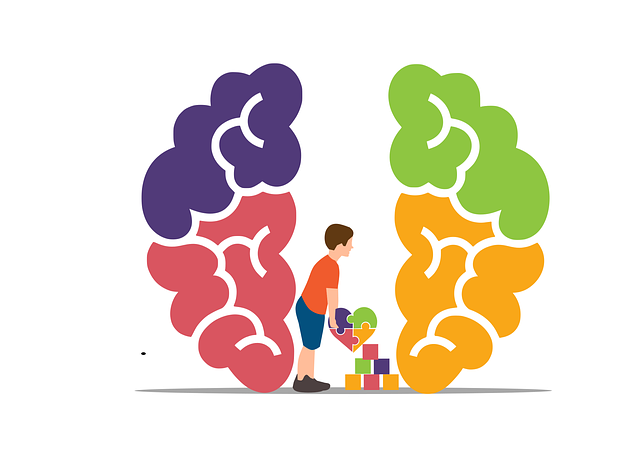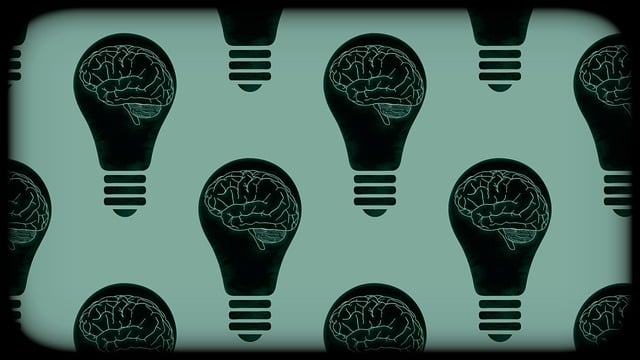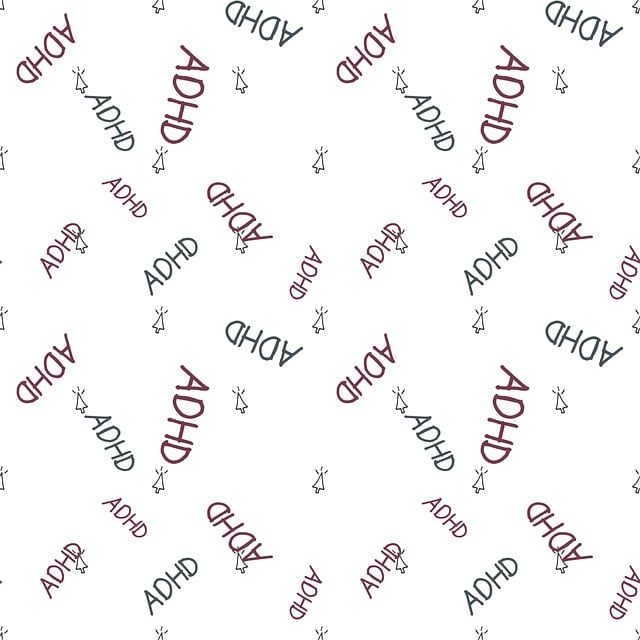Louisville Hebrew Speaking Therapy (LHST) is a pioneering force in mental health education, catering specifically to the Jewish community's unique needs. By offering services in Hebrew and incorporating interactive learning strategies, LHST breaks down cultural barriers and enhances the accessibility of mental health care for immigrants and ethnic minorities. Their programs focus on holistic well-being, teaching emotional intelligence, trauma support, and practical coping mechanisms through engaging curricula, case studies, multimedia, and group activities. This approach promotes community resilience, reduces burnout, and improves mental wellness outcomes. Evaluating program impact is crucial, measuring improvements beyond satisfaction to tailor services effectively, ensuring LHST remains a dynamic force in diverse society's mental health landscape.
Louisville Hebrew Speaking Therapy has emerged as a pioneer in mental health education, offering unique insights through its specialized approach. This article explores the design of comprehensive mental health programs, drawing on the therapeutic methods of Louisville Hebrew Speaking Therapy. We’ll examine key objectives, content strategies, and interactive techniques to create engaging learning experiences. By implementing these principles, we aim to enhance mental well-being, fostering open dialogue and self-reflection in a supportive environment. Discover how such programs can make a significant impact, measured through effective evaluation methods.
- Understanding Louisville Hebrew Speaking Therapy: Its Role in Mental Health Education
- Defining the Objectives: What Should Be Taught in a Comprehensive Program?
- Designing Engaging Content: Strategies for Effective Learning Experiences
- Implementing Interactive Techniques: Fostering Open Dialogue and Self-Reflection
- Evaluating Impact: Measuring Success and Continuous Improvement in Mental Health Programs
Understanding Louisville Hebrew Speaking Therapy: Its Role in Mental Health Education

Louisville Hebrew Speaking Therapy (LHST) plays a pivotal role in enhancing mental health education within its community. This therapeutic approach recognizes the unique cultural and linguistic needs of Jewish individuals, ensuring that mental wellness support is accessible and tailored to their specific experiences. By offering services in Hebrew, LHST breaks down barriers often faced by immigrants or ethnic minorities in seeking therapy, fostering trust and encouraging open dialogue.
Incorporating LHST into mental health education programs provides valuable cultural competency training for healthcare providers. It equips them with the skills to understand and address the psychological challenges faced by Jewish individuals while promoting sensitivity and empathy. This approach is particularly relevant in diverse societies where cultural nuances can significantly impact mental health expression and treatment outcomes, making it an essential aspect of comprehensive burnout prevention strategies and Mental Wellness Journaling Exercise Guidance.
Defining the Objectives: What Should Be Taught in a Comprehensive Program?

When designing a mental health education program, such as those offered by Louisville Hebrew Speaking Therapy, defining clear objectives is paramount. A comprehensive program should aim to equip participants with a holistic understanding of mental well-being, fostering both personal growth and community resilience. This includes teaching essential skills like emotional intelligence, where individuals learn to recognize, understand, and manage their own emotions, as well as those of others.
Incorporating topics related to trauma support services is crucial for addressing common challenges within the community. A well-rounded curriculum should delve into strategies for trauma healing, resilience building, and coping mechanisms, ensuring that participants gain practical knowledge applicable to real-life situations. Additionally, a Community Outreach Program Implementation can further enhance the program’s impact by promoting mental health awareness and accessibility across diverse segments of the community.
Designing Engaging Content: Strategies for Effective Learning Experiences

Designing engaging content is a cornerstone of effective mental health education programs, such as those offered by Louisville Hebrew Speaking Therapy. Incorporating interactive and diverse learning strategies ensures that participants remain captivated throughout the training. For instance, incorporating case studies from real-life situations allows trainees to apply theoretical knowledge to practical scenarios, fostering a deeper understanding and enhancing their problem-solving skills.
Moreover, integrating multimedia elements, such as videos, podcasts, and virtual simulations, can cater to different learning styles and maintain high engagement levels. These tools not only make sessions more dynamic but also facilitate better retention of information. Additionally, encouraging active participation through group discussions, role-playing exercises, and collaborative projects cultivates a sense of community and encourages the sharing of perspectives, thereby enhancing cultural competency among healthcare providers as part of Louisville Hebrew Speaking Therapy’s mission.
Implementing Interactive Techniques: Fostering Open Dialogue and Self-Reflection

Implementing Interactive Techniques is a key component in designing an effective mental health education program. At Louisville Hebrew Speaking Therapy, we understand that engaging activities create a safe space for individuals to explore their emotions and thoughts. Encouraging open dialogue allows participants to share experiences, fostering a sense of community and understanding. This approach breaks down barriers, reducing stigma associated with mental health conversations.
Self-reflection exercises, such as Mental Wellness Journaling, are powerful tools. By providing guidance on reflective writing, individuals can process their emotions, identify triggers, and practice positive thinking. These techniques not only enhance self-awareness but also equip participants with valuable coping strategies. Through interactive discussions and reflective practices, Louisville Hebrew Speaking Therapy aims to empower individuals to take charge of their mental wellness, ultimately preventing burnout and promoting a healthier mind.
Evaluating Impact: Measuring Success and Continuous Improvement in Mental Health Programs

Evaluating the impact of mental health programs is paramount to ensure their effectiveness and foster continuous improvement, especially for initiatives like Louisville Hebrew Speaking Therapy. Measuring success goes beyond simple satisfaction surveys; it involves assessing tangible improvements in participants’ lives. This could include tracking reductions in symptoms of anxiety or depression, increased ability to manage stress, enhanced emotional regulation, and improved overall mental well-being.
Regular evaluation also allows for tailoring programs to better address identified needs. For instance, if a particular aspect of trauma support services is found wanting, resilience-building components can be strengthened. This iterative process ensures that programs evolve to meet the dynamic needs of participants, ultimately enhancing their efficacy and reach.
Louisville Hebrew Speaking Therapy offers a unique and valuable perspective on mental health education, emphasizing the power of cultural sensitivity and personalized approaches. By defining clear objectives, designing engaging content, implementing interactive techniques, and evaluating impact, we can create comprehensive programs that effectively address mental health issues. Incorporating strategies from Louisville Hebrew Speaking Therapy ensures that educators equip individuals with essential skills to navigate their mental well-being, fostering a more inclusive and supportive community.


